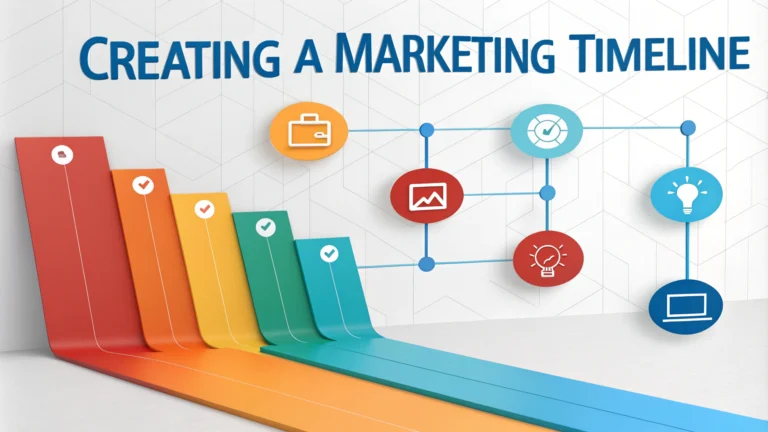Successful website marketing demands more than random tactics—it requires a structured, year-long strategic approach. Every successful online business understands that consistent, planned marketing efforts yield exponential growth. This guide will walk you through a comprehensive 12-month marketing roadmap designed to systematically elevate your website’s visibility, engagement, and conversion rates.
1. Foundation and Initial Marketing Strategy Development
Building a robust marketing foundation begins with comprehensive research and strategic planning. Your initial months should focus on understanding your target audience, analyzing competitive landscapes, and establishing clear, measurable objectives.
Market Research Techniques
- Audience Persona Development
- Competitive Landscape Analysis
- Customer Pain Point Identification
Effective market research involves deep demographic and psychographic analysis. By understanding your audience’s motivations, challenges, and preferences, you can craft more targeted marketing strategies.
Goal Setting Framework
Implement SMART (Specific, Measurable, Achievable, Relevant, Time-bound) goals that align with your business objectives. These goals will serve as benchmarks for measuring marketing performance throughout the year.
2. Content Strategy and Development
Content remains the cornerstone of digital marketing success. A well-planned content strategy can dramatically improve website visibility and audience engagement.
Content Pillars
- Blog Posts
- Video Content
- Infographics
- Podcasts
Develop a content calendar that addresses different audience segments and stages of the buyer’s journey. Diversify content formats to maintain audience interest and improve SEO performance.
SEO Content Optimization
Integrate keyword research, on-page optimization, and quality content creation to improve search engine rankings. Focus on creating valuable, user-centric content that answers specific audience queries.
3. Digital Advertising and Paid Promotion
Strategic paid advertising can accelerate website growth and complement organic marketing efforts.
Advertising Channels
- Google Ads
- Social Media Advertising
- Retargeting Campaigns
Develop targeted advertising campaigns with precise audience segmentation and compelling ad creatives. Monitor and optimize ad performance continuously to maximize return on investment.
Budget Allocation Strategy
Implement a flexible budget allocation model that allows for real-time adjustments based on campaign performance and emerging marketing opportunities.
4. Social Media and Community Engagement
Social media platforms offer powerful opportunities for brand building, audience interaction, and website traffic generation.
Platform-Specific Strategies
- LinkedIn Professional Networking
- Instagram Visual Storytelling
- Twitter Thought Leadership
Create platform-specific content strategies that leverage each social network’s unique strengths and audience expectations.
Community Building Techniques
Foster genuine engagement through consistent, valuable interactions, user-generated content, and responsive community management.

